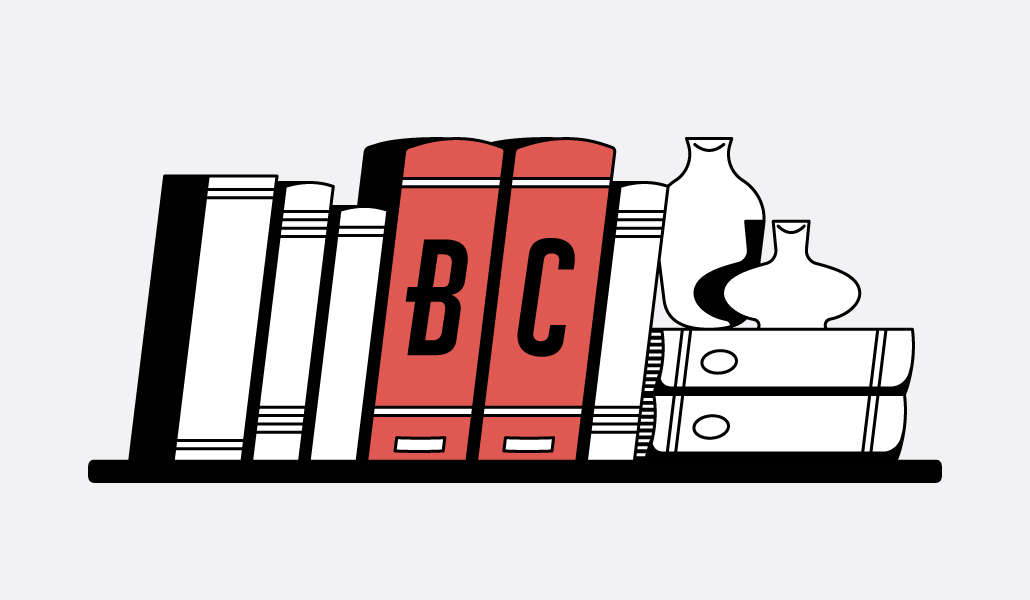Bookshelf: Author Ben Casnocha on taking an entrepreneurial approach to your career

This article is part of the WorkLife Bookshelf series, which features interviews with authors of recently-published, notable books tackling topics relevant to future of work trends.
Everyone should approach their career as if they were launching a startup.
That’s the main premise of the newly revised and updated edition of The Startup of You: Adapt, Take Risks, Grow Your Network, and Transform Your Career, by LinkedIn co-founder Reid Hoffman and venture capitalist Ben Casnocha. It reads like a handbook that examines the strategies and skills needed to thrive in today’s workplace featuring job searching tips, advice for taking career risks, guidance on how to achieve a competitive advantage at work, and improving your networking skills.
Casnocha spoke to WorkLife about the updated version how it relates to today’s unique world of work.
This interview has been edited for clarity and flow.
Why do relationships matter, and why do we need to build a network of alliances?
Relationships matter to your career no matter the organization or level of seniority you find yourself in because every job boils down to people. The people you spend time with shape who you are and who you become. As the saying goes, “It’s not what you know but who you know.” In The Startup of You, Reid [Hoffman] and I argue that it’s both. The combination of what you know and who you know is a powerful force. We’re saying that if you focus on your strengths and skills, and leverage your professional allies, these are your primary tools for a satisfying career. Hence the importance of building a network of allies.
Would you say self-promotion within professional networks is key to success?
It’s one of the keys to success, yes. If you don’t let people know, how will they know? Leverage your professional networks to get the word out about your goals. Whether you’re looking for a promotion, to change careers, to cultivate a new professional interest or skill, or even to grow your network — let people know. But be sure that you’re not all sizzle and no steak. That means your online brand needs to be complimentary to your real-world offline relationships and reflective of substantive career assets, not a substitute for them.
How can people looking to make a professional change set themselves apart?
If you want to chart a course that differentiates you from other professionals in the marketplace, the first step is being able to complete the sentence “A company would hire me over other professionals because…” What are you offering that’s hard to come by? What is most relevant is to understand your competitive advantage. This includes your strengths, interests, experiences, and your network of contacts. Understanding these will help you answer that question with confidence and that is more relevant than listing your skills, even if they are many.
Why is the key to success thinking and acting like an entrepreneur?
In the book we say “society flourishes when people think entrepreneurially” — this is as true for individual lives as it is for society. The mindset of thinking entrepreneurially is a massive competitive advantage. Entrepreneurs are nimble. They invest in themselves. They build their professional networks. They take intelligent risks. They make uncertainty and volatility work to their advantage. In other words, they take full responsibility for the outcome. If a person operates this way in their career, no matter their professional position or industry, they are bound to create better “luck” for themselves.
What’s the best way to adapt to the future of work? You talk about ‘investing in yourself’ as a great path to achieving results.
The best way to adapt is to be adaptable. Learning to think like an entrepreneur is going to help you immeasurably. Continue to deepen and strengthen your competitive advantage. This requires strategic thinking about what the alignment of your assets, aspirations and the market realities can yield for you. Make your plan, adapt as needed, and take action.
What advice do you have for people considering a start-up or their own business?
One key aspect of the process of making that decision is assessing risk. Answer the questions “if the worst-case scenario comes to pass, would I still be in the game?” and “if I get pummeled, can I get back up?” In the book we talk about thinking hard before walking through a one-way door. One great way to test out your ideas before leaving a career behind is the side-hustle strategy. This strategy is applicable across many areas: if you have a business idea you want to pursue, a skill you want to learn, a relationship you want to form, or some other curiosity or aspiration, start it as a side project and see where it goes.
What advice do you have for navigating the modern workplace, particularly in light of how the pandemic impacted careers and jobs?
Even before the pandemic, we’ve entered a brave new professional world. Massive large scale changes have occurred, from where we work, to how we communicate, to shifts in culture, to political upheavals, and yes to global pandemics. Startup mindsets and strategies are sure to help you expand your network, gain a competitive edge, and land better career opportunities. That’s why we updated the book — we believe that if you want to seize the new opportunities and meet the challenges of today’s career landscape, you need to think and act like you’re running a startup: your career.
The Startup of You: Adapt, Take Risks, Grow Your Network, and Transform Your Career is published by Penguin Random House.
